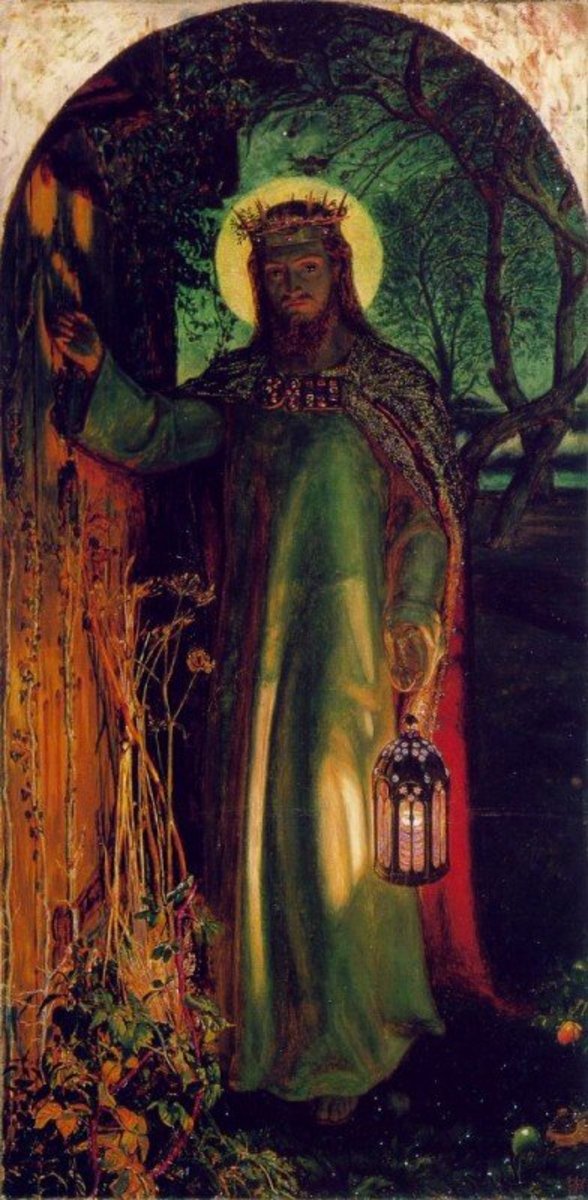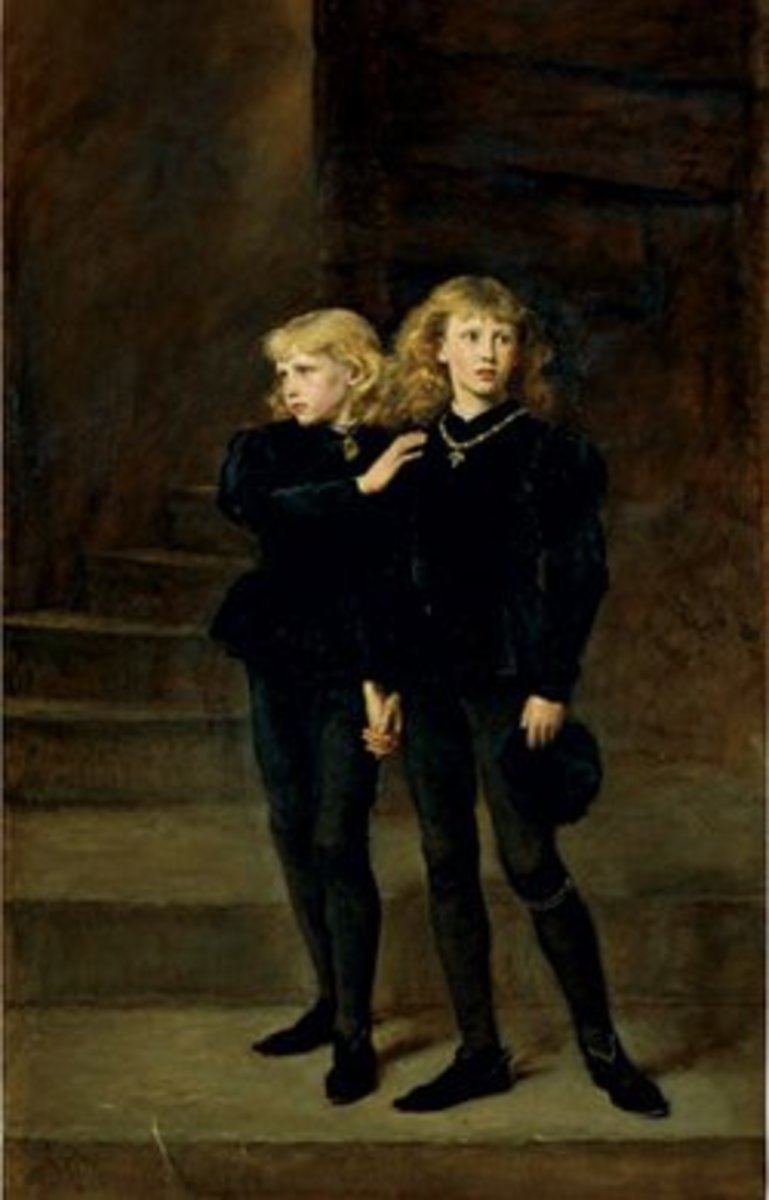- HubPages»
- Books, Literature, and Writing»
- Literature»
- English Literature
Illegitimate Interpretation of Scripture in Chaucer's "The Wife of Bath"
Geoffrey Chaucer

Method of Interpretation
view quiz statisticsThe Error of Allegorical Interpretation
Throughout the Christian era, men and women have used the Scriptures illegitimately to buttress false doctrine and practice; the first two pages of The Prologue to the Wife of Bath contain such. Alisoun, the Wife of Bath, relates Jerome’s “interpretation,” according to Beidler, of the meaning of Jesus’s attendance at the Cana wedding (44). In my opinion, this “Church Father” erred when he employed Scripture in this manner, and thus misled the Wife. Even if Christ did attend only one marriage—a highly improbable assertion—that point by itself would not prove that His example “taught that people should marry only once” (44).
[A question, though, remains. Did Jerome mean that one should marry only once and afterwards remain celibate for spirituality’s sake, or did he mean that one should marry only one spouse at a time? I would disagree with the former, but agree with the latter].
Taking the former view as that of Jerome, I conclude that his faulty allegorical hermeneutic causes him to make an unwarranted leap into the fanciful speculation of asceticism that views marriage as “filthy”; such a perspective remains reprehensible to this day (22). [Incidentally, in 1 Corinthians 7, the Apostle Paul advised people not to marry at the time of the writing because of the distressful circumstances the saints were experiencing; being unattached to a spouse during those days of trouble would enable individuals to devote themselves more fully to the Lord]. Jerome, in effect, makes his mind the basic authority in interpretation, not the Scriptures. For his interpretation to be substantiated, the Scriptures would have to say plainly that people are allowed only one marriage. Clearly, they do not.
The Wife of Bath

One Marriage or One Spouse at a Time?
view quiz statisticsOne Marriage or One Spouse at a Time?
A second questionable use of Scripture may occur after Alisoun attempts to justify her five marriages—the same number, by the way, as the Samaritan woman had (see John 4)—by basing her behavior on God’s commandment to “wexe and multiplye” (Prologue 28). From pleading ignorance to Jesus’s meaning when He said, “And that ilke man that now hath thee is not thine housbonde “(18-20), the Wife appears to argue, in essence, “What makes the Samaritan’s first five men “husbands,” but the sixth one “not thine housbonde?” [Incidentally, if the Samaritan woman has had five husbands, then the one she has now must be the sixth man, not the fifth as Chaucer writes (21)].
Admittedly, some fogginess exists. Does the Wife argue that it is permissible for her (and the Samaritan) to marry more than once, or is she saying that she and the Samaritan can have as many husbands as they like at one time? (The Wife uses the terms “bigamye or of octogamye” (33)—terms that mean marriage to two or eight spouses at a time—but the margin notes read, “marrying twice or eight times” [Beidler 45]. Later, she references Solomon who ‘hadde many oon!”—a clear-cut case of political polygamy—positing that if he had so many, why cannot she have five? [Prologue 36]. This reader needs the editor to clarify his definitions.
The fact that they have had five husbands is not necessarily sinful; all of the men may have died. Whether the first five were legitimate or not is debatable; at any rate, it is not the point. What Jesus certainly indicates as unlawful is the Samaritan’s having a sixth man, who is not her husband. [My Bible says that the Samaritan had the man, not vice versa, as Chaucer records it]. Therefore, for the Wife to legitimize the Samaritan’s affair with the sixth man (and, by application, her own five husbands—unless, of course, they were all dead) by citing Genesis 1:28 is not a proper use of Scripture. In conclusion, this critic asserts that arriving at the proper interpretation of both passages hinges upon what Jerome meant: one marriage or one spouse at a time.
© 2015 glynch1








